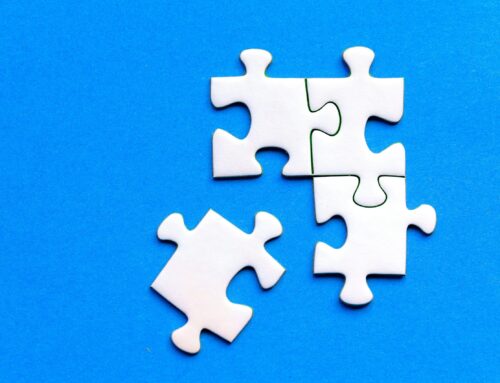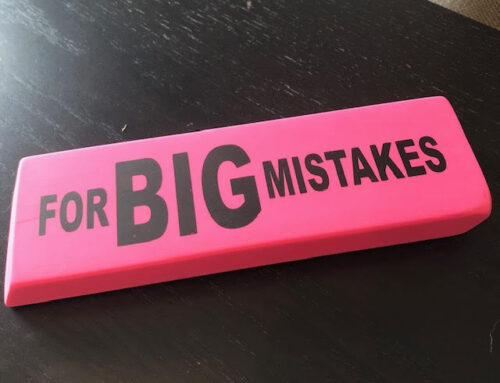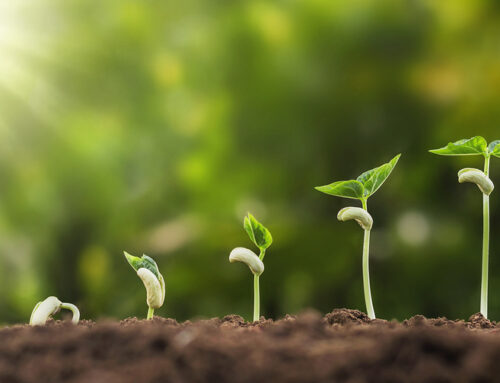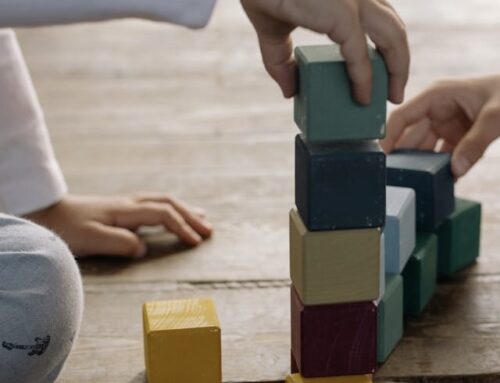When it comes to discovering the secret to a long and happy life, you could ask any number of people and get completely different answers. Yet the answer is right in front of us.
The Harvard Study of Adult Development began in 1938 and is one of the longest-running studies on happiness. The study’s survey group consisted of people from various economic and social backgrounds, including Harvard undergrads and Boston’s inner-city residents. (President John F. Kennedy was part of the original group).
The study found those individuals who were more socially connected to family, to friends, and to their community were happier, healthier, and lived longer than those who did not embrace community in the same way.
In addition, the study found those with strong social support experience less cognitive deterioration as they age, and in fact, people’s level of satisfaction with their relationships at age 50 was found to be a better predictor of physical health than their cholesterol levels.
This study is now over 80 years old and if its message isn’t abundantly clear, we only need to look back over the last two years to see firsthand how taking care of our relationships is an essential form of self-care and wellbeing.
“Our relationships and how happy we are in our relationships has a powerful influence on our health.” Robert Waldinger, director of the Harvard Study of Adult Development
We need relationships and social connection to:
- Help us celebrate good times and support us during the bad times
- Create a sense of belonging
- Reduce our stress
- Improve our confidence
- Inspire us to adopt healthy lifestyle choices
- Provide us with intellectual stimulation
- Offset loneliness and boost our feelings of happiness
- And more
We know loneliness is extremely detrimental and considered a serious health hazard. People who feel lonely and isolated may experience a decline in brain function and ultimately have a shorter life span.
A 2021 Harvard study revealed an “epidemic of loneliness” with more than 1 in 3 Americans experiencing feelings of loneliness, and not surprisingly, this increased during the pandemic.
But even though we know friendships and social connections are an essential part of our wellbeing, our relationships may still be taken for granted in our busy lives, and the pandemic has made it even more difficult to connect in meaningful ways.
If your relationships could use some extra attention, here are four strategies you can use to reconnect with friends and loved ones, and to make new friends as well.
- Invest in others
Dr. Martin Seligman, who is considered the founder of the field of positive psychology, says other people are the best antidote to any of life’s ups and downs. To really get the most of our relationships, Dr. Seligman recommends performing acts of kindness. “Doing a kindness produces the single most reliable momentary increase in wellbeing of any exercise we have tested.”
And if that’s not enough to convince you, research also shows people who consistently help others not only feel happier, but they are also more successful.
Think of friendships like a bank account. Every kind act and encouraging message is like a deposit.
We also want to invest time in our friendships. Relationships take time to nurture, so make yourself available. Is there an activity like hiking, or another shared experience you and your friend can enjoy together? Perhaps there is a class or club you could join with a friend who shares a common interest or hobby.
Conversely, don’t rule out the power of a quick check-in. This can go a long way toward staying connected until you can make time for a more extended visit. (More on the power of these types of brief connections below).
- Listen
Listening is one of the best gifts you can give to someone else. Put down your phone, turn away from your computer, and genuinely tune in to what they are saying. There’s a quote attributed to Teddy Roosevelt: “People don’t care how much you know until they know how much you care.” It’s a great reminder for how we interact with our colleagues, our friends, and our families. Be truly interested in their lives. Pay attention and remember what they tell you.
People want to feel seen, heard and valued. When we express appreciation, we tap into a core human need. And this helps us build trust and connections.
- Share your appreciation
Don’t assume your friends know how much you value them. Tell them exactly what you adore about them and say it often. Gratitude strengthens relationships and creating a culture of gratitude is a powerful way to foster connections across a team.
You could use a peer appreciation program to recognize people you appreciate at work. Our Clear Concept team introduced a high-five program this year and it has been a fun way to recognize one another. I remember each time I’ve received one of these and how touched I felt each time.
- Volunteer
Volunteering is another great opportunity to meet others who share common interests. At the same time, volunteering gives us a wellbeing boost. The magic volunteering number seems to be 100 hours a year or roughly two hours a week. A study of almost 13,000 adults found those who volunteered at least two hours a week experienced greater happiness, optimism, and purpose in life, compared to those who did not volunteer at all. They also had a reduced risk of mortality, were more physically active, and had lower depressive symptoms such as hopelessness, loneliness and isolation compared to those who did not volunteer.
Turns out, when we help others, we also help ourselves.
And if you truly want to strengthen your relationships, try to find opportunities to do so “in real life” rather than on social media. You don’t have to meet in-person – even a video call is better than simply liking or commenting on a post.
But it’s equally important to note not all interactions require extended conversations. A quick connection with anyone from a neighbour to a total stranger can be incredibly uplifting and the benefits will last beyond the short interaction itself. Do you ever feel a boost of energy when you talk to your barista or exchange pleasantries with a stranger on a plane or subway? These day-to-day interactions can have an immediate positive effect on our body from our immune system to our breathing.
Are you happy with the strength of your relationships? As we head into the holiday season, what can you do to invest more time and energy into nourishing your relationships? Please comment here, so we can all learn from one another. Our relationships are an essential pillar of our wellbeing. I hope this inspires you to make the most of your connections. And thank you for connecting with us here.
_______________
There is so much more to the science of relationships. We have dedicated a module to this topic in our Wellbeing Reset Program, where we explore seven wellbeing habits, and give you the science behind practical strategies you can use to effectively incorporate these habits into your day.








Leave A Comment